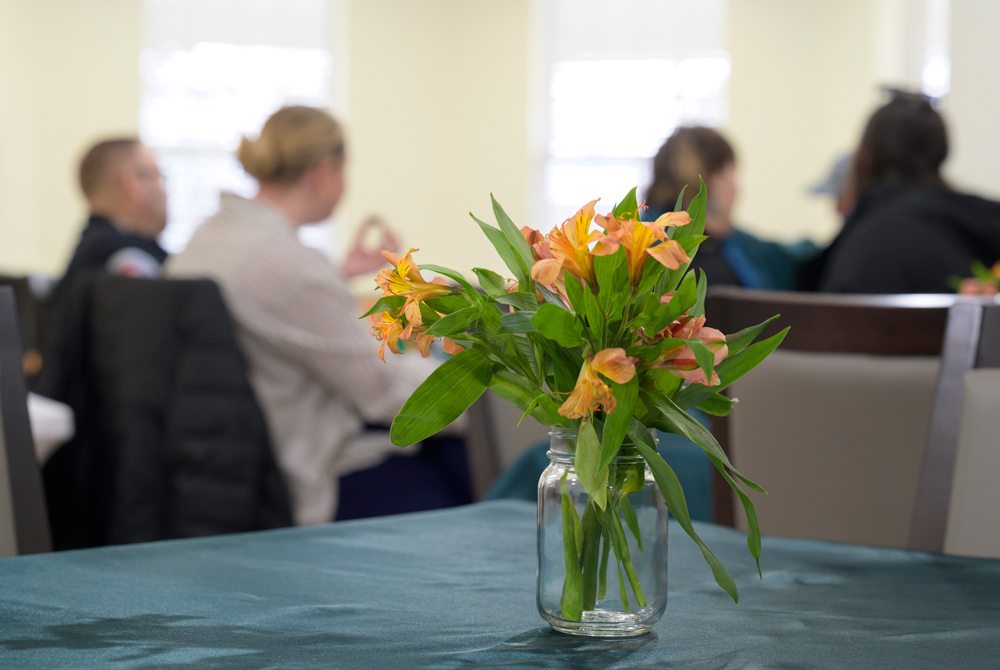When you intend to manage a chronic health condition successfully, it’s important to have a strong support network. Just like diabetes or heart disease, alcohol use disorder (AUD) or substance use disorder (SUD) are medical issues that require due diligence to maintain ongoing health. Alumni programs provided by treatment centers serve as vital bridges from professional care into sustained wellness, offering community, continued accountability, and continual support.
Understanding Why Alumni Programs Matter
Leaving the structured environment of an addiction rehabilitation center often feels both empowering and overwhelming. Many people in recovery face renewed stressors, strained relationships, and moments of self-doubt. Without the right systems in place, it’s easy to feel unmoored. Alumni programs help fill this gap by creating continuity in care and offering meaningful opportunities to stay grounded in recovery values. Here are just a few reasons why they matter.
- SUD and AUD are chronic conditions. The Centers for Disease Control and Prevention indicate that while addiction is treatable—just like diabetes and heart disease—it’s also considered a chronic condition. Recovery involves lifelong management, so support beyond early treatment is essential.
- Recovery capital matters. The National Institutes of Health’s HEAL Initiative highlights the importance of “recovery capital”, which includes access to community, employment, housing, and peer support. These resources significantly improve recovery outcomes when combined with professional treatment.
- Shared experience fosters resilience. Research indicates that community recovery support services—such as specialized centers, recovery housing, and collegiate recovery programs—play a key role in maintaining positive change post-treatment.
5 Key Benefits of Rehab Alumni Programs
Healing doesn’t stop when formal treatment ends—it evolves. This evolution is often made easier and more fulfilling when you’re surrounded by people who truly get it. Alumni programs help you build on the hard work you’ve already done by offering a place where growth continues, friendships deepen, and progress feels possible every day. Let’s take a closer look.
1. Belonging That Counters Isolation
One of the most common challenges people face after leaving treatment is a sense of disconnection. Alumni programs provide a consistent community where you’re surrounded by others who understand the recovery journey—not just in theory, but through lived experience. This sense of belonging reduces loneliness and helps you feel grounded and supported.
2. Shared Wisdom From Lived Experience
When you participate in alumni gatherings, you don’t just benefit from encouragement—you also gain practical insight. Members often share tools they use to manage stress, avoid triggers, and navigate life’s challenges. This kind of peer-to-peer knowledge exchange helps you adapt and apply what works in real life, not just in theory.
3. Encouragement to Stay Accountable
Consistency and accountability are cornerstones of long-term recovery. Alumni programs provide a natural form of positive pressure—regular check-ins, shared goals, and the mutual motivation to stay on track. Whether you’re participating in a 12-step program together or some other type of mutually-beneficial peer program, knowing someone else is rooting for your success—and that you’re doing the same for them—helps strengthen your commitment.
4. Opportunities to Give Back
As you gain confidence in your recovery, alumni programs often offer chances to mentor others, share your story, or help organize events. Being of service not only strengthens your connection to the recovery community but also reinforces your growth. Giving back can be one of the most empowering and healing parts of the journey.
5. Safe Spaces for Sober Socializing
Celebrating, relaxing, and having fun without substances is an important part of redefining your lifestyle. Alumni programs often host social events, outdoor activities, and sober holiday gatherings. These spaces allow you to enjoy life, deepen friendships, and create new memories in a safe, supportive environment.
What Alumni Programs Typically Include
Each addiction rehabilitation center has different approaches in its aftercare methods, but you’re likely to find certain consistencies, such as:
- Regular peer meetings. Weekly or monthly gatherings for reflection, sharing experiences, and mutual encouragement.
- Mentorship and role modeling. Members further along in AUD and SUD recovery mentor newcomers, reinforcing their own stability while guiding others.
- Relapse prevention workshops. Structured events focused on coping strategies, stress management, and cognitive-behavioral tools.
- Sober social activities. Community dinners, hikes, sporting events—all encouraged as healthy, substance-free leisure options.
- Celebrations & Milestones. Acknowledging birthdays, anniversaries, and accomplishments reinforces hopeful progress.
How to Make the Most of Alumni Support
While each person needs to find the right coping techniques that benefit their wellness journey, the following suggestions help you incorporate alumni engagement in ways meaningful to you:
- Stay consistent. Treat alumni meetings like essential appointments. Even moderate participation sustains connection.
- Engage fully. Volunteer to lead meetings or host events—service strengthens your recovery.
- Share and learn. Be honest about your challenges, listen with empathy, and apply strategies that others use successfully.
- Expand your network. Use alumni relationships to build new sober friendships and social routines.
- Embed education. Make use of workshops and peer coaching to sharpen your relapse prevention toolkit.
Rely on Dedicated Continuing Care at Northern Path
At Northern Path Recovery Center in Fort Wayne, IN, our board-certified professionals provide you with a whole-person care mindset and individualized techniques that complement your daily recovery practice. Through our dedicated continuing care program, you’ll learn all the many ways to design a full, rich life while managing AUD and SUD successfully. If you or a loved one is ready for this type of quality treatment, talk to a member of our admissions team today.







